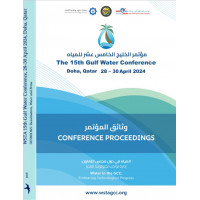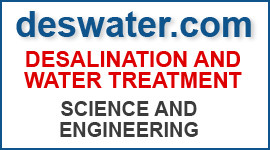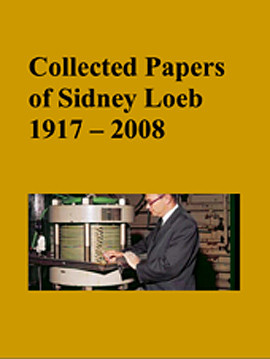Treated wastewater application in urban agriculture
Ahmed Al-Busaidi, Mushtaque Ahmed, Wenresti Gallardo, Waad Al-Aghbari
http://doi.org/10.5004/700007
Treated wastewater application in urban agriculture
Ahmed Al-Busaidi1*, Mushtaque Ahmed1, Wenresti Gallardo2, Waad Al-Aghbari1
1Department of Soils, Water and Agricultural Engineering, Sultan Qaboos University,2Department of Marine Science and Fisheries, College of Agricultural & Marine Sciences, P.O. Box 34, Al-Khoud 123, Muscat, Oman...



